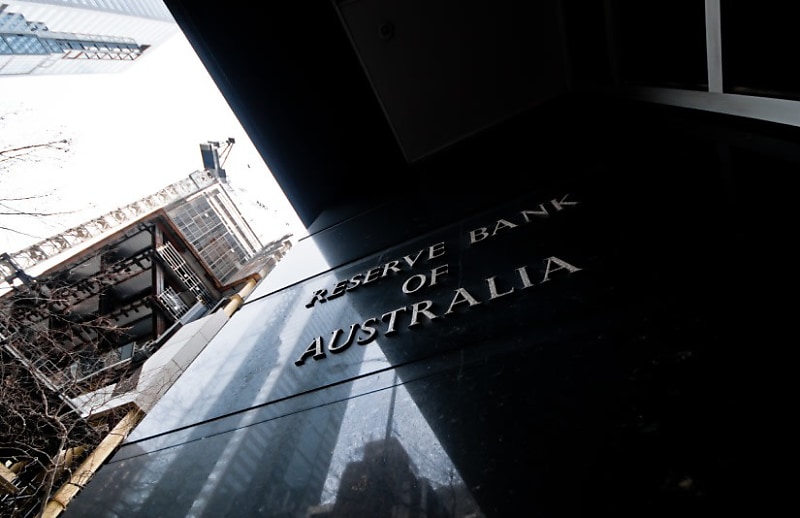RBA keeps rates on hold at 4.35% amid persistent inflation
BusinessThe Reserve Bank of Australia has kept rates steady for a sixth consecutive meeting.

The Reserve Bank has left interest rates unchanged during its August meeting despite slowing progress on inflation and a rocky economic outlook.
The RBA held the cash rate at a 12-year high of 4.35 per cent, marking the sixth consecutive pause since November.
But it repeated its message from previous post-meeting statements, saying it would not rule anything out to bring “persistent” inflation under control.
“Inflation in underlying terms remains too high, and the latest projections show that it will be some time yet before inflation is sustainably in the target range,” the RBA said.
“Data have reinforced the need to remain vigilant to upside risks to inflation and the board is not ruling anything in or out.”
“Policy will need to be sufficiently restrictive until the board is confident that inflation is moving sustainably towards the target range.”
Despite inflation falling “substantially” since its peak in 2022, the RBA said a return to its 2–3 per cent target range would be "late in 2025 and approach the midpoint in 2026".
“In year-ended terms, underlying inflation has now been above the midpoint of the target for 11 consecutive quarters. And quarterly underlying CPI inflation has fallen very little over the past year,” it said.
The “highly uncertain” economic outlook also meant the process of returning inflation to target would be "slow and bumpy", the RBA said.
It cited larger-than-expected gaps between aggregate demand and supply in the economy that slowed down inflation’s return to target and caused uncertainties over how firms would react.
“In part, this reflects an increase in the forecast for domestic demand. But it also reflects a judgement that the economy’s capacity to meet that demand is somewhat weaker than previously thought, evidenced by the persistence of inflation and ongoing strength in the labour market.”
Momentum in economic activity was also weak, evidenced by slow GDP growth, a rise in the unemployment rate and reports of many businesses under pressure.
Globally, a slowing Chinese economy, lower commodity prices, geopolitical tensions and volatile financial markets added to the uncertain outlook.
“The board will rely upon the data and the evolving assessment of risks to guide its decisions. In doing so, it will continue to pay close attention to developments in the global economy and financial markets, trends in domestic demand, and the outlook for inflation and the labour market."
"The board remains resolute in its determination to return inflation to target and will do what is necessary to achieve that outcome.”




